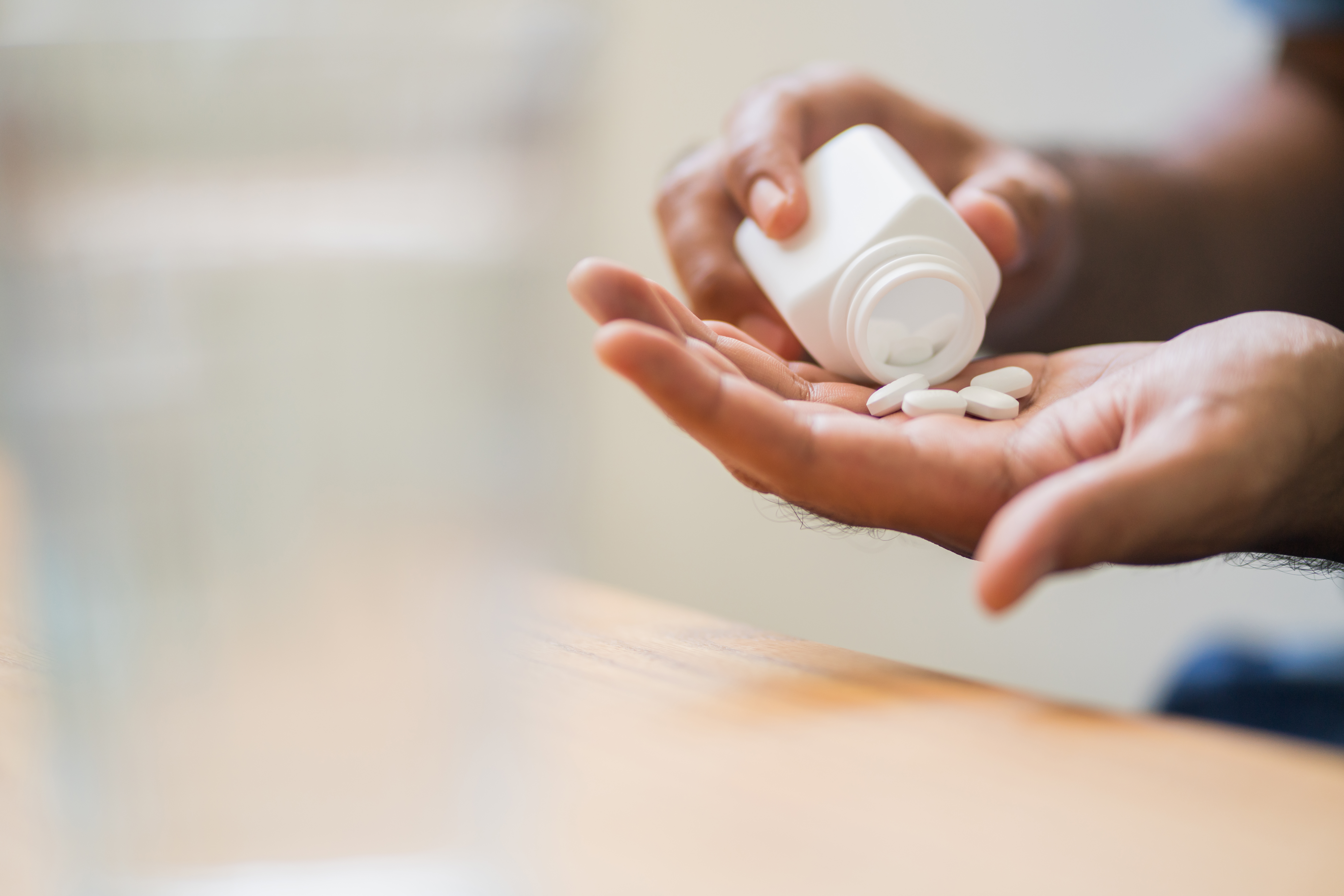If you or someone in your family appears to be addicted to Vicodin, it’s essential to understand how Vicodin works, recognize the symptoms, and anticipate the most effective treatment. Vicodin abuse can be successfully treated with a combination of detox, medication, and ongoing therapy. No matter your circumstance, you can find flexible treatment plans that work with your schedule without compromising the required quality of care. Knowing how to treat Vicodin addiction is first step.
Casa Serena Treatment is a premier women’s drug and alcohol rehab in Santa Barbara. Contact us today to learn more about our available treatment programs.
What is Vicodin?
Vicodin is a prescription painkiller, classified as a narcotic. It is often mixed with acetaminophen or hydrocodone. Prescriptions for acute or chronic pain can improve quality of life.
Is Vicodin Addictive?
Vicodin is very addictive. People can become addicted to Vicodin after taking it for just a few weeks or months. Not everyone appreciates the risks associated with Vicodin when it comes to a prescription. Many people, especially women, mistakenly believe prescription medications are safe because they come from a doctor.
As a narcotic, Vicodin is a highly addictive substance. However, genetics and environmental traits can increase the risk of developing a Vicodin addiction.
Long-term Vicodin abuse can lead to:
- Relationship problems
- Marital issues
- Liver damage
- Job loss
- Financial struggles
- Mental health issues
- Gastrointestinal problems
- Suicidal thoughts
What Are the Signs of Vicodin Abuse?
Signs of Vicodin abuse look different in everyone. Some people demonstrate physical signs more than others, while others predominantly show behavioral signs.
Physical Signs
Vicodin abuse can cause physical symptoms like itchiness, insomnia, slow motor skills, or drowsiness.
Psychological signs
Psychological signs can include intense cravings. It’s common for people struggling with addiction to Vicodin to have memory problems or difficulties concentrating.
Behavioral Signs
Some behavioral signs that one is addicted to Vicodin include severe mood swings. It’s common for someone struggling with Vicodin abuse to do what’s called Doctor Shopping, where they visit multiple doctors in different areas using the same symptoms to procure multiple prescriptions simultaneously.
People addicted to Vicodin will take more Vicodin than they are prescribed more frequently. This can lead to things like running out of a prescription long before one is supposed to or having subscriptions under multiple people’s names.
Someone struggling with Vicodin addiction might struggle with work, or school performance might drop, and dedication to professional or personal obligations might diminish. Some people struggle with frequent absenteeism or tardiness.
Other signs of Vicodin addiction include unexplained financial problems, like spending money for bills on new drugs. It’s common for people struggling with Vicodin abuse to start demonstrating secretive behavior, lying about where they’re going or how much they’re using, and stealing in order to get more money for drugs. Some people addicted to Vicodin find themselves in legal trouble.
How to Treat Vicodin Addiction
Vicodin addiction requires professional treatment. It’s important that you evaluate different drug addiction treatment centers to find a facility that specializes in the type of Vicodin care you need, like inpatient or outpatient care.
At Casa Serena, we understand that Vicodin addiction is more common in women because prescription medications are perceived as “safe.” Over 3.5 million women struggle with prescription medication abuse, but our facility can provide trauma-informed care to help tackle a history of physical or sexual abuse or to deal with PTSD.
Our Vicodin addiction treatment programs take away any stigma you might feel as a primary caregiver and help you and your family recognize that seeking treatment is the ultimate sign of strength.
Detox
Getting clean starts with detox. After an evaluation, you’ll get a recommendation for your detox plan. This might include medication-assisted treatment depending on factors like any other drugs you might have abused.
Therapy and Medication
After detox, you’ll start going on therapy and medication. Medication is typically used during your detox to help ease symptoms and keep you as comfortable as possible.
Ongoing therapy can take the form of dual diagnosis treatment that tackles symptoms of your addiction and any co-occurring mental health disorder like PTSD. You can expect a combination of individual and group therapy sessions over the span of several weeks or months to help you identify factors that may have led to your addiction, ways to identify triggers moving forward, and coping strategies for stressful situations.
Contact Casa Serena today to learn more about Vicodin treatment at our top-rated women’s residential treatment center.


